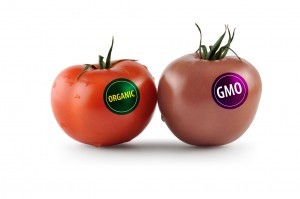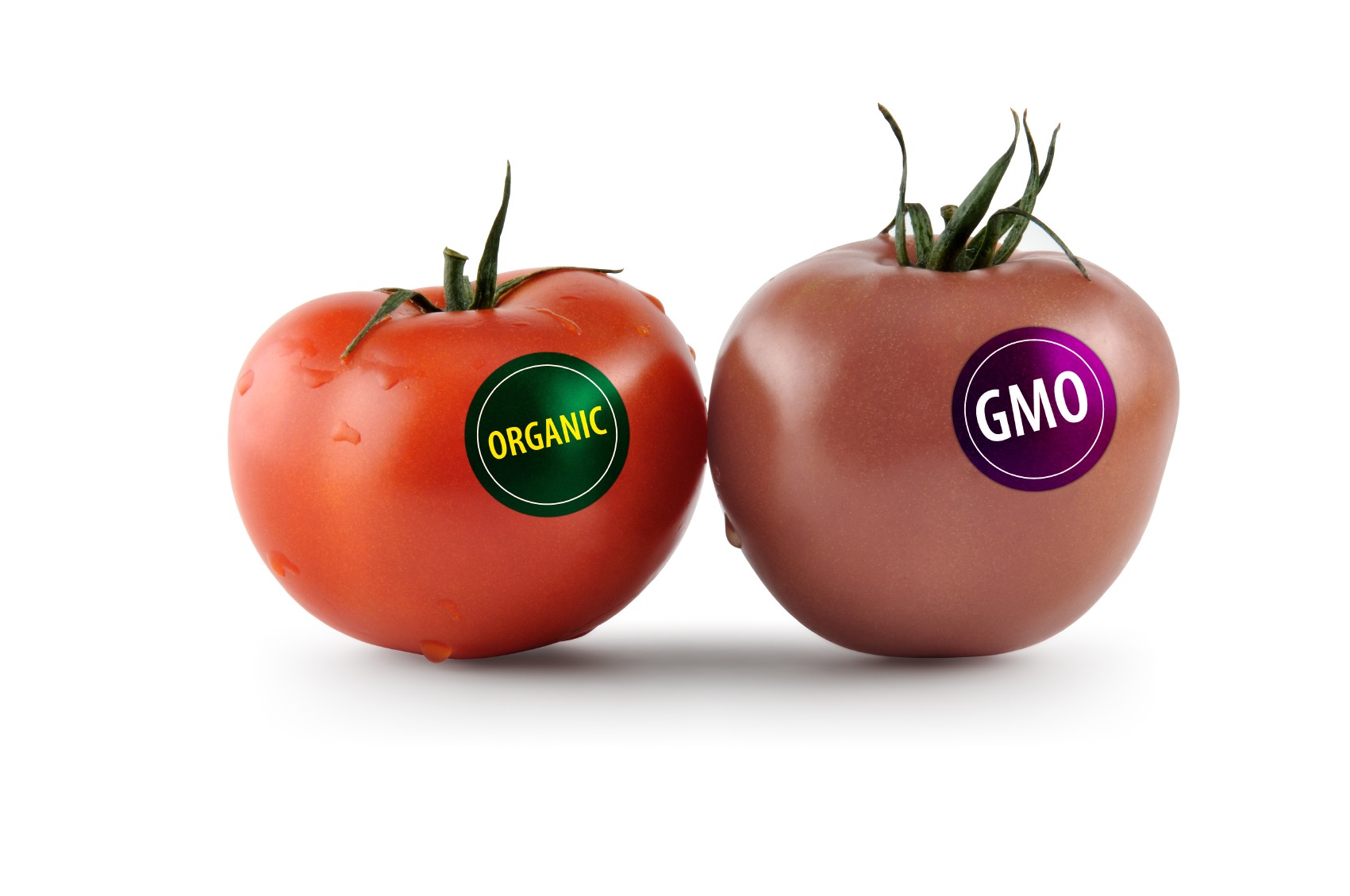
Genetic engineering modifies the DNA of crops to display specific traits, such as a resistance to pesticides and herbicides. Genetically engineered (GE) crops are often also referred to as genetically modified organisms (GMOs) or biotech crops. In recent years, the Food and Drug Administration began paving the way for approval of GM animals, such as salmon. The first genetically modified animal approved for human consumption, supporters of GM salmon claim it grows at twice the normal rate. The approval of GM salmon could open the floodgates for GM cows and pigs, which biotech companies are waiting in the wings to finally commercialize after years of research and development.
Apparently you will be the one getting a label if you don't want GMOs or nanoparticles in your food. Read on…
Previously, research from North Carolina State University and the University of Minnesota showed that people were willing to consume food with nanotechnology (particles, chips for purposes of tracking and changing texture, taste) – but they wanted it labeled and were willing to pay more to have nano-free or nano-labeled food.
The questions also explored the price of the various foods and whether participants would buy foods that contained nanotech or GM tech if the foods had enhanced nutrition, improved taste, improved food safety, or if the production of the food had environmental benefits. (Hopefully, the questions were asked in a purely theoretical light because so far, GMO and nanotech foods have delivered none of those things.)
Dr. Jennifer Kuzma, senior author of a paper on the research and co-director of the …
In general, people are willing to pay more to avoid GM or nanotech in foods, and people were more averse to GM tech than to nanotech.
However, it's not really that simple. There were some qualifiers, indicating that many people would be willing to buy GM or nanotech in foods if there were health or safety benefits.
They broke the participants up into four groups – guess which label you fall into?
- Eighteen percent of participants belonged to a group labeled the “new technology rejecters” – they would not by GM or nanotech foods under any circumstances. (Luddites!)
- Nineteen percent of participants belonged to a group labeled the “technology averse,” which would buy GM or nanotech foods only if those products conveyed food safety benefits.
- Twenty-three percent of participants were “price oriented,” basing their shopping decisions primarily on the cost of the food – regardless of the presence of GM or nanotech.
- And 40 percent of participants were “benefit oriented,” meaning they would buy GM or nanotech foods if the foods had enhanced nutrition or food safety.
Therefore, they concluded that if nutrition and safety were promised factors, people would gobble up the “benefits.” Gotta love those labels…
Kuzma added:
This tells us that GM or nanotech food products have greater potential to be viable in the marketplace if companies focus on developing products that have safety and nutrition benefits – because a majority of consumers would be willing to buy those products.
From a policy standpoint, it also argues that GM and nanotech foods should be labeled, so that the technology rejecters can avoid them. (You can avoid them, but you will still get called names! emphasis added)
Where, praytell, did they find the participants for this survey – certainly not in Hawaii, Oregon, or California, where GMOs are considered the bane of environment and health and where people take unadulterated food seriously. GMOs have not delivered on their promises of ending hunger, better health and better environment. The majority of the public remains unaware of unregulated nanotech in their food.
No, folks, the purpose of the survey on engineered foods is to engineer YOU. (But of course it has the added benefit of helping food producers to shape market to you.) To blindly accept what is unacceptable or thus, be cast aside.
The paper, “Heterogeneous Consumer Preferences for Nanotechnology and Genetic-modification Technology in Food Products,” is published online in the Journal of Agricultural Economics. Lead author of the paper is Dr. Chengyuan Yue of the University of Minnesota. The paper was co-authored by Shuoli Zhao, a graduate student at UM. The research was supported by a grant from the U.S. Department of Agriculture.
Not to be outdone by the FDA, the U.S. Department of Agriculture has been busy for several years approving more GM crops. In 2010, the department announced it would allow unrestricted growing of GM alfalfa, which blocks farmers from the export market, since many countries won’t accept GMO-contaminated crops. The USDA has also “partially deregulated” GM sugar beets and approved a new type of GM corn that is designed to be facilitate ethanol production, and is considering GM crops that are designed to work with more aggressive types of herbicides.
Please Read this Article at NaturalBlaze.com





Leave a Reply